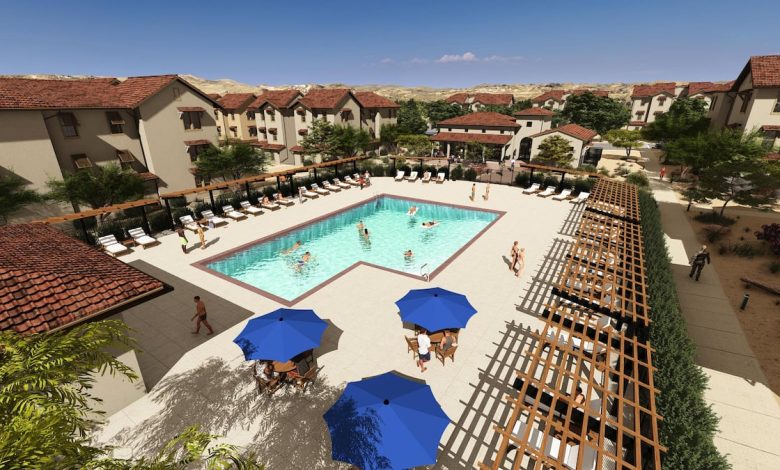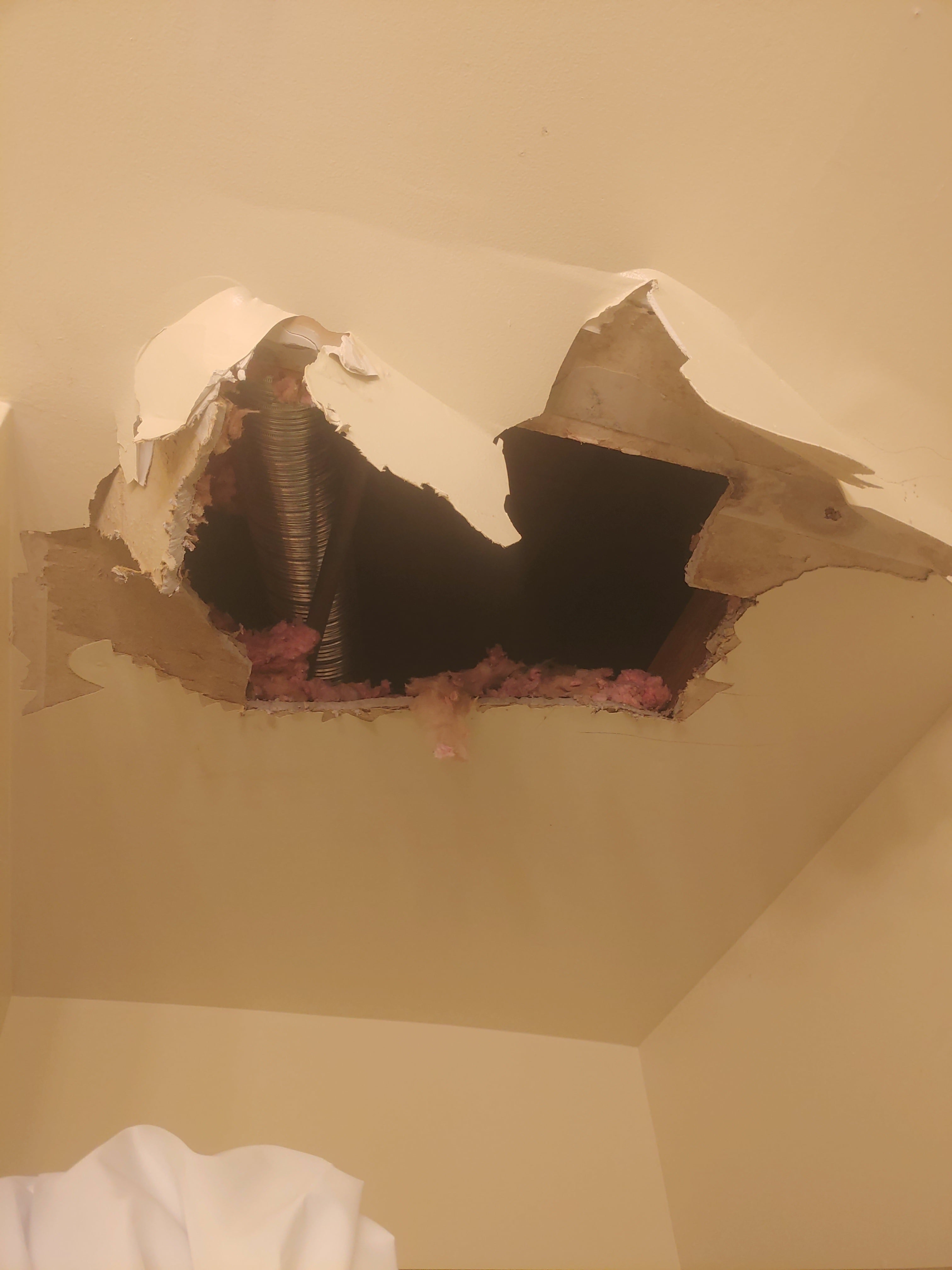Senator ‘alarmed’ about barracks privatization, seeks answers from DOD

A U.S. senator who has been an outspoken critic of the military’s privatized family housing wants answers from the Defense Department about its plans to privatize more barracks.
“Given the significant challenges that privatization has imposed on military family housing for decades, directly resulting from the substantial failures of private housing providers, I am alarmed that the Department of Defense is considering expanding privatization to unaccompanied military housing (i.e., barracks),” wrote Sen. Elizabeth Warren, D-Mass., in a letter Sunday to Defense Secretary Pete Hegseth.
Warren is one of a number of lawmakers who have worked for years on efforts to improve housing for military families.
The Michaels Organization, in partnership with the U.S. Army, began construction at Fort Irwin, California, earlier this month to replace existing barracks with 276 modern apartment units, designed to house 545 service members.
The Army already has some privatized barracks complexes at other installations, and the service is looking to expand the type of project ongoing at Fort Irwin to other locations.
RELATED
Warren, who is ranking member of the military personnel panel of the Senate Armed Services Committee, noted a unique consideration regarding barracks privatization. She asked questions about whether commanders would continue to have the authority to conduct health and welfare inspections, and whether commanders would have legal authority to conduct probable-cause searches under military law.
“If DOD moves to privatize barracks, it must ensure that commanders remain equipped to fulfill their duty to oversee and protect their troops,” Warren wrote.
Barracks conditions across the service branches have long been an issue. Auditors with the Government Accountability Office have said the chronic neglect and underfunding of these living quarters — which have led to mold, overflowing sewage, doors that don’t lock and a lack of heating and air conditioning, among other issues — could take years to fix.
Warren asked the DOD for information about whether the programs for necessary repairs and restoration of military barracks programs have been adequately funded over the past 10 years.
She also asked how the fiscal 2026 budget proposal will fund the maintenance, restoration and sustainment of the barracks, and what the DOD’s long-term plans are for addressing “poor health and safety conditions in the barracks.”
A primary problem with privatized family housing has been the lack of upkeep, leading to increased health hazards like mold. Warren asked what oversight the Pentagon planned to provide over the companies that would be building and maintaining private barracks to help prevent such issues.
RELATED

“DOD should move cautiously with this initiative and ensure that service members are protected from the abusive practices of private military housing providers,” Warren wrote.
The Army currently has five privatized barracks at five separate installations, including an existing one at Fort Irwin. Others include: Fort Bragg (formerly Fort Liberty), Fort Drum, Fort Meade and Fort Stewart.
While those barracks are primarily for senior unaccompanied soldiers, the new Fort Irwin Apartments are being built specifically for junior enlisted in ranks E1-E5, according to The Michaels Organization officials.
The U.S. Navy’s two privatized unaccompanied housing projects are located at Naval Station Norfolk and Naval Station San Diego.
RELATED

Among her other questions for Hegseth, Warren asked what penalties would be put in place if The Michaels Organization fails to meet agreed-to requirements, and whether there’s a plan to evaluate the pilot program before committing to additional projects.
She also asked for specific tenant protections that would be included in the agreements with the companies responsible for maintaining the barracks, and how the privatization of barracks would affect the DOD’s future budget requirements for the Basic Allowance for Housing for service members.
She asked whether the DOD will seek authorization for unaccompanied junior enlisted troops to receive BAH as part of the privatization plan.
“Has DOD conducted a cost-benefit analysis?” Warren asked, requesting details.
Lastly, Warren asked the DOD for details on any assessments the department has conducted in specific locations to determine whether there’s enough private-sector housing already available near military installations to meet the demand.
Karen has covered military families, quality of life and consumer issues for Military Times for more than 30 years, and is co-author of a chapter on media coverage of military families in the book “A Battle Plan for Supporting Military Families.” She previously worked for newspapers in Guam, Norfolk, Jacksonville, Fla., and Athens, Ga.
Read the full article here









